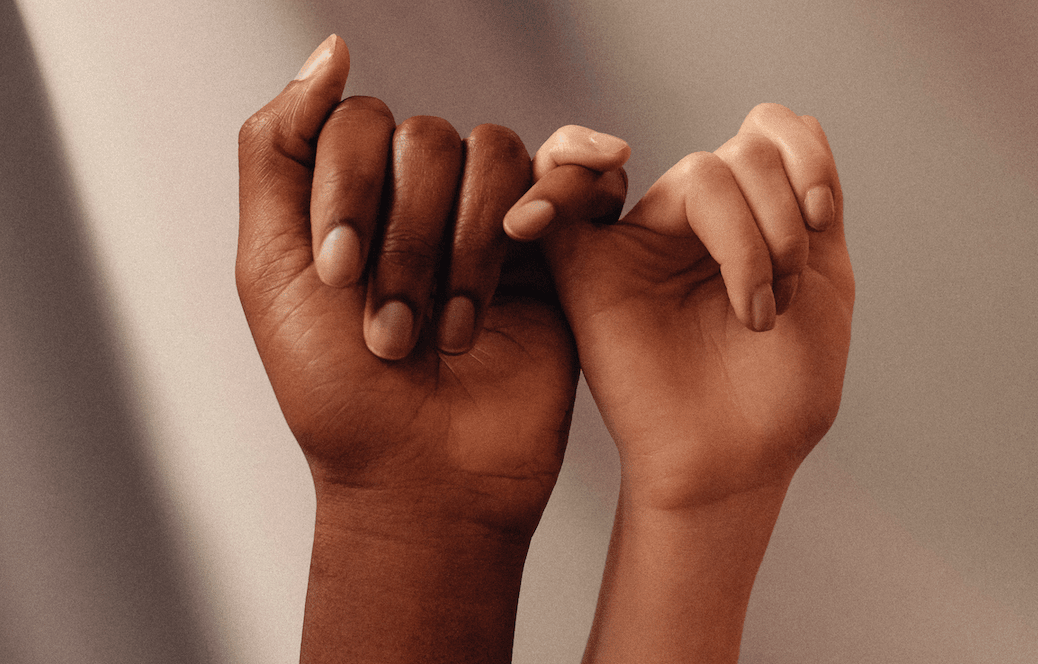Sexual Health Awareness Month and how to practise safe sex
September is Sexual Health Awareness Month. Is it just a coincidence that it correlates with the giddy return to campus? Probably not.
Maybe you’ve spent the majority of lockdown cosying up with a special someone already, maybe your only quarantine buddy was battery-operated, or maybe you’re new to this entirely. Sexual health is important for everyone to consider (even if you’re not even planning to involve anyone other than yourself in the equation), and this month gives us a good opportunity to talk about sexual health, beyond the awkward condoms-on-bananas spiel they gave back in school.
Find birth control that works for you, if applicable
Get Tested. A huge number of STIs are transmitted asymptomatically, and people aged 16-34 account for 82% of new STI diagnoses. Currently, walk-in sexual health or genitourinary medicine (GUM) clinics aren’t in operation within Warwickshire, but appointments can be made after telephone assessment, or free self-test kits can be ordered. You can look at sexualhealthwarwickshire.nhs.uk for more details. The NHS guidelines recommend getting a test whenever you have sexual contact with a new partner, or every six months if you are in an exclusive relationship.
Pee after sex. This is one for vulva-owners – it can help prevent UTIs and, trust me, you don’t want a UTI.
Find birth control that works for you, if applicable. If you’re having sex with someone who could get you pregnant and planning to take birth control contraception, have a look on the NHS website at all the different options available to you. Spend some time working out what best fits with your lifestyle. If you’re a scatterbrain then remembering to take a daily pill might not suit you, for example. You might try a few options before you find the one for you – whether hormonal, such as the patch or implant, or non-hormonal like the copper coil.
You need to make sure you have considered protection from STIs
Barrier contraception is important too as you need to make sure you have considered protection from STIs. The most common choice is external condoms but options like dental dams are also useful and sterile gloves can be used to prevent infections for any manual stimulation.
It’s really important not to reuse any of barrier contraceptives, and to change them between use on different people and areas of the body. If you’re using sex toys, replace the condom between different people and clean it with soap and warm water. Sadly, there aren’t many options for barrier protection for vulva on vulva contact, so make sure you’re clear of STIs and other infections like BV or trichomoniasis if you’re planning on engaging in that.
Lube is great and can enhance all sexual health experiences but there are so many types, so try a few to find what you like. Avoid using silicone-based lubes with silicone sex toys, and be mindful that DIY options like coconut oil can lead to things like BV if you have a vulva.
There are many educators on social media
Find what makes you happy. Part of sexual health is having a positive, pleasurable experience. Honestly, this is partly work to do with yourself – get to know your body, and find ways to communicate your needs to any partners you have. In a heterosexual couple, the end of sex doesn’t have to be when the man climaxes, and it’s okay to tell someone that they didn’t get you off.
Consent is integral to sexual health. Your mental wellbeing is included in sexual health, so make sure consent is mutual, enthusiastic, and regularly affirmed throughout an encounter.
Follow diverse sex-positive educators on Instagram. There are many educators on social media, that can open your mind to new sexual interests, how to enhance your experiences, and also catching you up with the queer sex ed you never received in school. I really rate checking some out. I recommend @squirtingisntpee and @raquelsavage for general sex-positive content, @theminoritysexreport as a medium aimed at the experiences of POC, @itsandrewgurza as a brilliant disabled sex educator, and @rubyrare who is an excellent queer sex educator.
Being sexually healthy is fundamentally about appreciating your own body
Being sexy in the time of corona means that it would be amiss of me to not include COVID-specific aspects of sexual health. As ever, remember that you are your own best partner, as the safest method of protecting against the spread of COVID-19.
If you are sleeping with people outside your household, make sure you manage the risk together – discuss your households (including if either of you is in contact with anyone high risk), any symptoms, and if anyone has tested positive.
There are lots of things you can consider when it comes to sexual health, and during Sexual Health Awareness month, it’s worth considering the breadth of what is included in a healthy sexual life. Beyond protecting yourself or preventing pregnancy, being sexually healthy is fundamentally about appreciating your own body and allowing you and your partner’s pleasure.

Comments